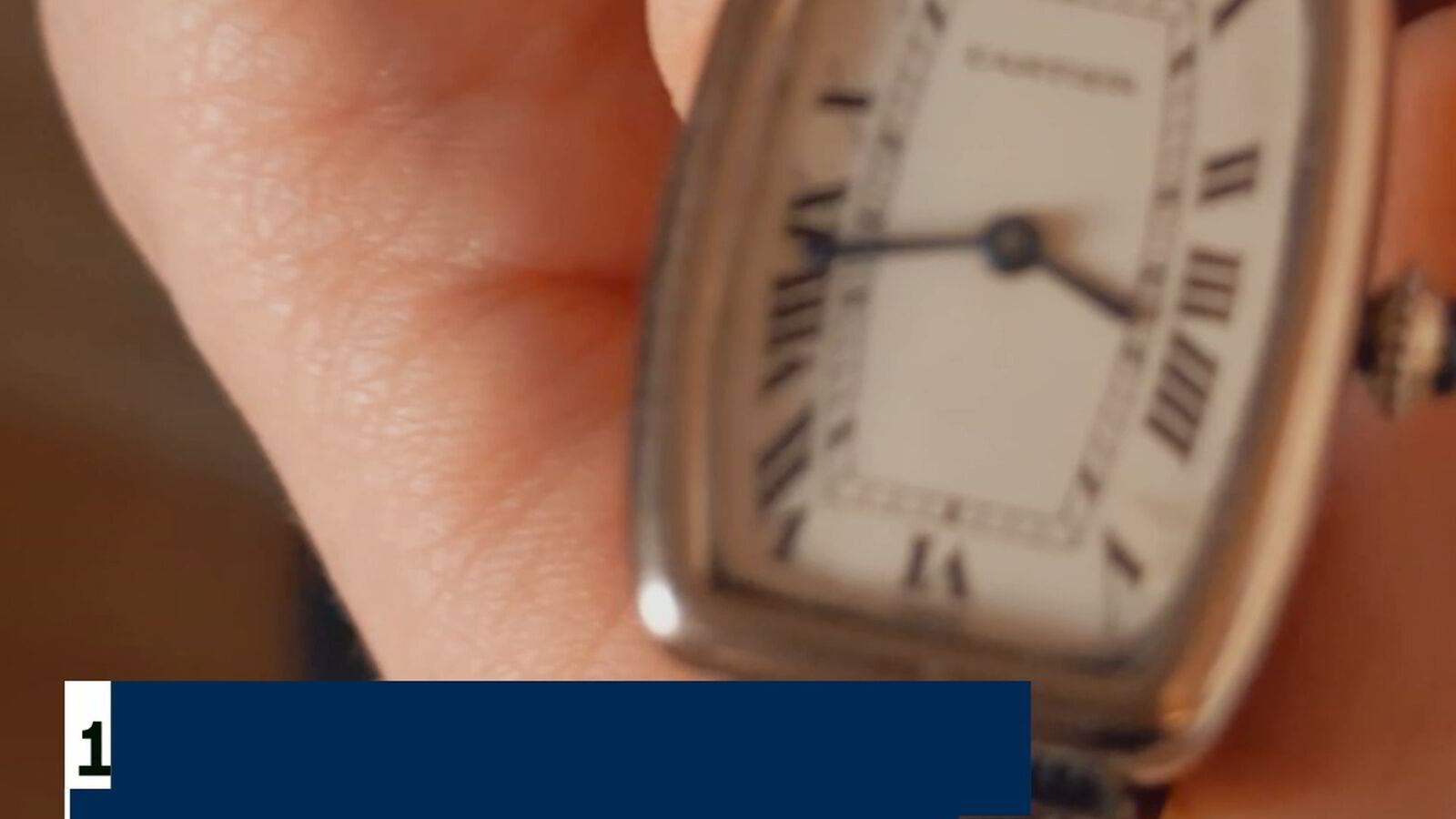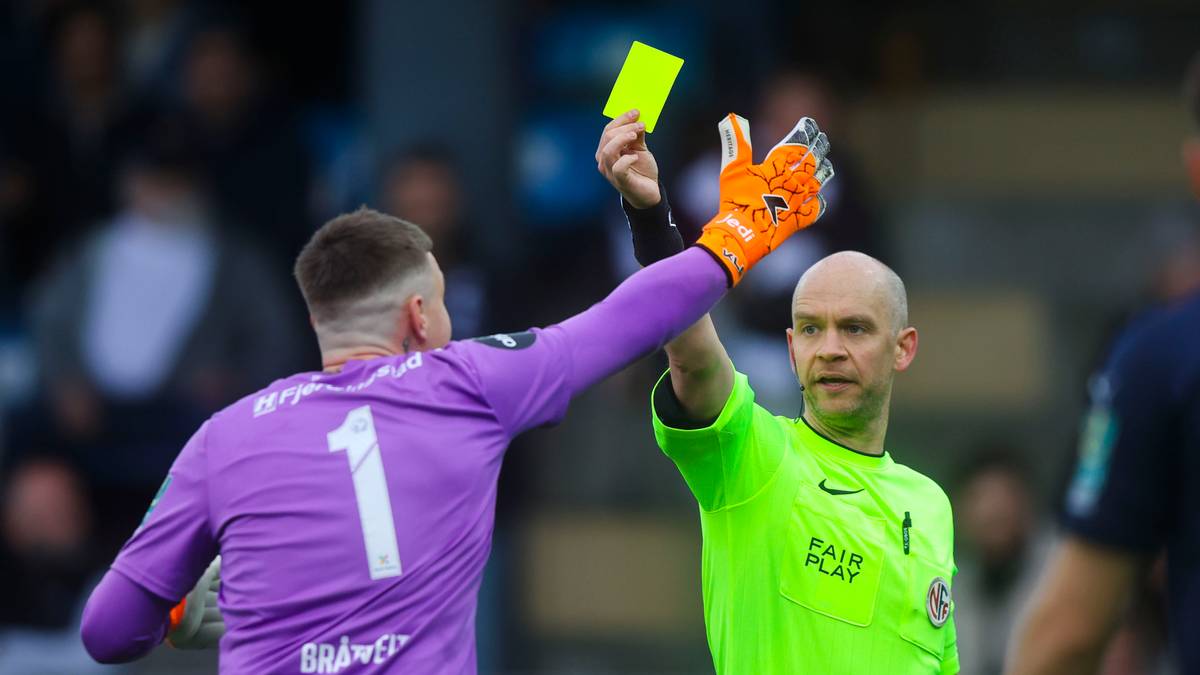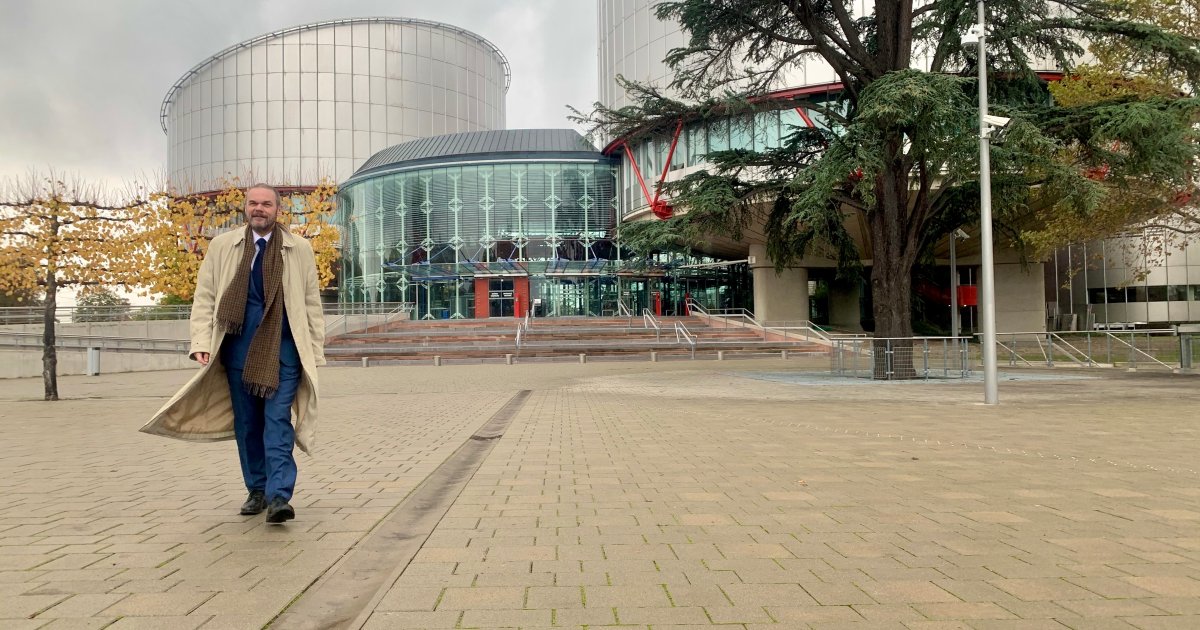Many people with a cancer diagnosis "should be confident that it's not a death sentence and that more treatments will become available", according to the outgoing medical director of NHS England.
In his final interview before retiring, Professor Sir Stephen Powis said our understanding of the genetics of cancer and how it can be targeted is being "revolutionised".
Sir Stephen, 64 and a kidney specialist who has been the national medical director since 2018 and throughout the COVID pandemic, told The Times: "We are at the cusp of a golden era in terms of the way we treat a range of cancers.

"For many cancers now, people should be confident that it's not a death sentence and that more treatments will become available."
Read more:
'My voice box was removed after NHS missed my throat cancer'
'Milestone' technique could help cancer patients keep hair during chemo
Sir Stephen said the number of those living longer with the disease and surviving it will continue to increase, while he compared the progress made in cancer treatment to the success in developing treatment for HIV since he qualified as a doctor 40 years ago.
Not everybody benefitting from 'golden age' of cancer treatment
Science and technology editor
A friend of mine was recently diagnosed with a melanoma, an aggressive form of skin cancer that had spread throughout their body, including their brain.
Even a decade ago, their cancer would have been essentially incurable and rapidly fatal.
My friend's tumours however are shrinking as their immune system attacks the cancer cells wherever they happen to be in their body.
A treatment called immunotherapy is directing their own immune system to find and attack cancer cells in all the parts of the body to which they have spread.
It's a familiar story across multiple cancer types with new classes of treatment, often based on rapid advances in understanding of the genetics of cancer - or cancer patients themselves.
So the outgoing medical director of the NHS, Sir Stephen Powis, is not wrong: we are entering a "golden era" of cancer treatment, if we're not living in it already.
Cancer treatment is becoming increasingly personalised to the specific mutations in the cancer itself. Oncologists know their enemy in more intimate detail than ever before.
But we're entering a parallel and less gilded era too.
He also spoke of how preventing cancers could also help eliminate certain types of them.
"We can't prevent all cancers, but there are cancers that we can certainly prevent," he said, adding that he hopes lung cancers will become "a lot rarer".
Cancer treatment, he said, would be "driven by genetics" to become more individualised with the increased ability to pinpoint mutations in cells.
Recent Sky News analysis shows that in nearly half of 147 NHS trusts with available data fewer people are now being treated for cancer within the target than at the start of the year.
That target is for 85% of cancer patients to begin treatment within two months of their diagnosis.
Only a small number of trusts have achieved this. While 20 trusts met the standard in January, it is down to 15 trusts in May.
Performance against the target fell in 62 areas overall between Jan and May, and none of those were meeting the target to begin with.
In response to the analysis, an NHS spokesperson said: "Despite the NHS seeing and treating record numbers of people for cancer... we know there is more to do to improve early diagnosis, access to tests and life-saving treatments.
"Our 10 Year Health Plan launched last week sets out some of the ways we will transform cancer care to be fit for the future, including innovation to speed up referral and diagnosis, with more to follow in the National Cancer Plan coming later this year."

 5 months ago
36
5 months ago
36























 English (US)
English (US)